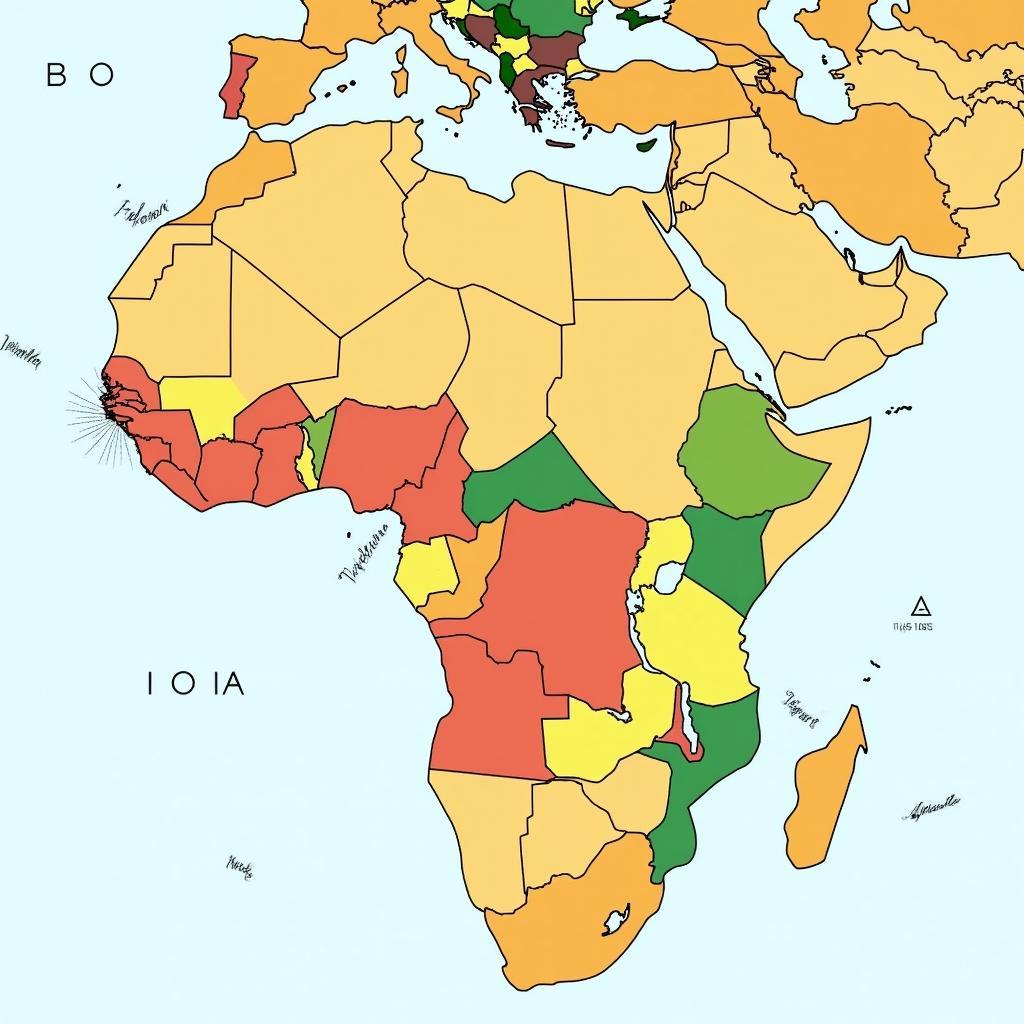African American Male Genital Warts: A Comprehensive Guide
Genital warts in African American males, like in any other population, are caused by the human papillomavirus (HPV). This article aims to provide comprehensive information about this common sexually transmitted infection (STI), focusing on the specific concerns and considerations for African American men.
Understanding Genital Warts in African American Men
Genital warts, small, fleshy growths appearing on the genitals, are a common manifestation of HPV infection. While HPV affects people of all races and ethnicities, certain factors can influence prevalence and outcomes. This section will explore the specifics related to African American men.
The Prevalence of HPV in African American Men
While precise data on genital warts specifically within the African American male population is limited, studies show higher rates of HPV infection overall in African Americans. This could potentially translate to a higher prevalence of genital warts as well. Further research is needed to understand the underlying reasons for this disparity.
Risk Factors and Prevention
Certain behaviors increase the risk of contracting HPV, which can lead to genital warts. These include having multiple sexual partners, unprotected sex, and a weakened immune system. Practicing safe sex by consistently using condoms is crucial for reducing risk. Vaccination against HPV is also a highly effective preventative measure, recommended for all individuals, regardless of race or ethnicity.
Diagnosis and Treatment Options
Early diagnosis and treatment are crucial for managing genital warts and preventing potential complications. If you notice any unusual growths or changes in your genital area, consult a healthcare professional immediately.
Getting Diagnosed
A doctor can typically diagnose genital warts through a visual examination. In some cases, a biopsy may be necessary to confirm the diagnosis and rule out other conditions. It’s essential to be open and honest with your healthcare provider about your sexual history to ensure accurate diagnosis and appropriate treatment.
Treatment Approaches
Several treatment options are available for genital warts, including topical medications, cryotherapy (freezing), and surgical removal. The best approach will depend on the size, number, and location of the warts. Your doctor will discuss the various options and recommend the most suitable treatment plan for your specific case.
Living with Genital Warts: Addressing Emotional and Social Impact
A diagnosis of genital warts can have emotional and social implications. It’s important to address these concerns and seek support when needed.
Coping with the Diagnosis
Dealing with a diagnosis of an STI can be challenging. Remember that genital warts are a common condition, and effective treatments are available. Talking to a trusted friend, family member, or therapist can help you cope with the emotional impact of the diagnosis. Support groups and online forums can also provide valuable connections and shared experiences.
Discussing Genital Warts with Partners
Open communication with sexual partners is crucial. While it can be a difficult conversation, informing your partners about your diagnosis allows them to get tested and treated if necessary. Honest communication promotes sexual health and helps prevent the spread of STIs.
Long-Term Implications and Recurrence
While genital warts can be successfully treated, the HPV virus can remain dormant in the body and may cause recurrences. Regular check-ups with your healthcare provider are essential for monitoring and managing any future outbreaks.
Preventing Recurrence
Maintaining a healthy lifestyle, including a balanced diet, regular exercise, and stress management, can support a strong immune system, potentially reducing the likelihood of recurrence. Continuing to practice safe sex is also vital for preventing re-infection.
Conclusion
Genital warts in African American males are a manageable condition. Early diagnosis, appropriate treatment, and open communication with healthcare providers and partners are crucial for minimizing the physical and emotional impact of this common STI. By taking proactive steps towards prevention and treatment, African American men can effectively manage this condition and maintain their sexual health.
FAQ
-
Are genital warts contagious?
Yes, genital warts are highly contagious and can be spread through skin-to-skin contact during sexual activity. -
Can genital warts cause cancer?
Certain strains of HPV can increase the risk of certain cancers, but most genital warts are caused by low-risk strains that are not associated with cancer. -
How long do genital warts last?
With treatment, genital warts typically clear up within a few weeks or months. However, the HPV virus can remain in the body and may cause recurrences. -
Can I get genital warts even if I use condoms?
While condoms significantly reduce the risk, they do not offer complete protection as genital warts can also occur in areas not covered by a condom. -
Is there a cure for HPV?
There is no cure for HPV, but treatments are available to remove genital warts and manage symptoms. -
Can I still have sex if I have genital warts?
It’s best to avoid sexual activity while genital warts are present to prevent spreading the infection. -
What should I do if I think I have genital warts?
Consult a healthcare professional immediately if you notice any unusual growths or changes in your genital area.
See also: “HPV and its impact on men’s health”, “Understanding STIs and their prevention”, “The importance of regular sexual health check-ups”.
Call us: +255768904061, Email: kaka.mag@gmail.com Or visit us: Mbarali DC Mawindi, Kangaga, Tanzania. We have a 24/7 customer service team.

